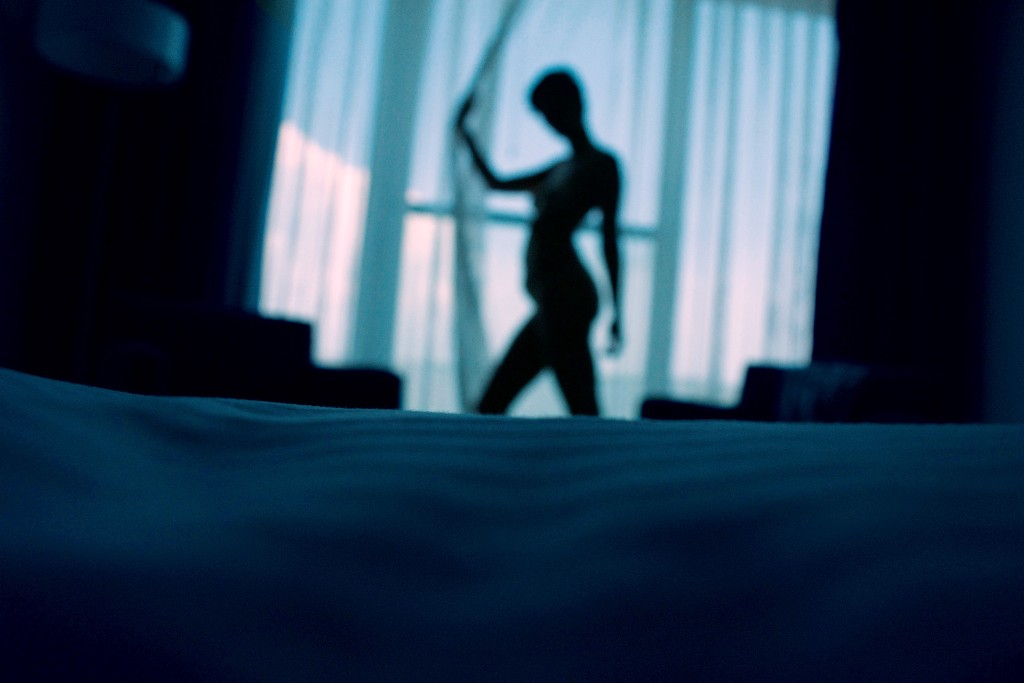The D.C. Council held a public hearing on a bill stipulating for decriminalization of commercial sexual exchanges on October 17.
During the hearing, most of the attendees objected to the proposal, expressing their concerns.
D.C. Council member David Grosso, who is behind the bill entitled the Community Safety and Health Amendment Act of 2019, on the other hand, explained in his opening statement that he listened to those directly affected by the issue and concluded that “criminalization and stigma cause tremendous harm to people in the sex trade.”
“The challenges facing these members of our community are many: I have heard far too many stories of violence, including stabbings, beatings, shootings, rapes, and murder, all because the perpetrators think they can act with impunity against those in the sex trade,” Grosso said.
The bill before us today:
✅ Removes criminal penalties for adult consensual sex work.
✅ Retains protections for minors and prohibitions against coercion, exploitation, and human trafficking.
✅ Establishes a task force to assess the impact of decriminalization.#DecrimNowDC
— David Grosso (@cmdgrosso) October 17, 2019
“Worse, we hear of police refusing to help, blaming people in the sex trade for the violence they have suffered. Doctors and other professionals sworn to help instead of mistreating and shaming people. Evictions by landlords and discrimination by shelters and other social service providers,” he continued.
“Police seize condoms and other safer sex materials, or prosecutors use them as evidence of crime. Threats of arrest, of no one believing you because you are just a whore, of being reported to ICE, and more, being used by traffickers and other bad actors to exploit people in the sex trade.”
According to Grosso, criminalization of prostitution does not stop the activity itself, but encourages the harms in question by further marginalizing people, designating them as criminals and making them targets for violence, instead.
“Ask any neighbor in an area where commercial sex happens, and they will tell you that the activity persists, despite police patrols, raids, stings, or marching sex workers across the bridge to Virginia as was done in the ‘80s,” he said.
There are incredible racial disparities in who is criminalized under our current system.
Data from MPD shows that from 2014 to 2017, almost 74% of arrests for commercial sex were of African American people, with about 14% being Latina or Latino
— David Grosso (@cmdgrosso) October 17, 2019
The council member stated that he believed removing criminal penalties for those involved in sex trade would give them safer and healthier lives.
In response to Grosso’s remarks, Felicia Henry, representing Courtney’s House, which is a group for child victims of sexual exploitation, was quoted by WTOP as saying:
“Mr. Grosso wants the public to believe that pimping won’t increase under his proposal, but it seems he is out of touch about the alarming issue of sex trafficking in Washington, D.C.”
The bill was introduced by Grosso on June 4. If passed, D.C. would become the first place in the country (except for some Nevada counties) to decriminalize prostitution and sex work.

